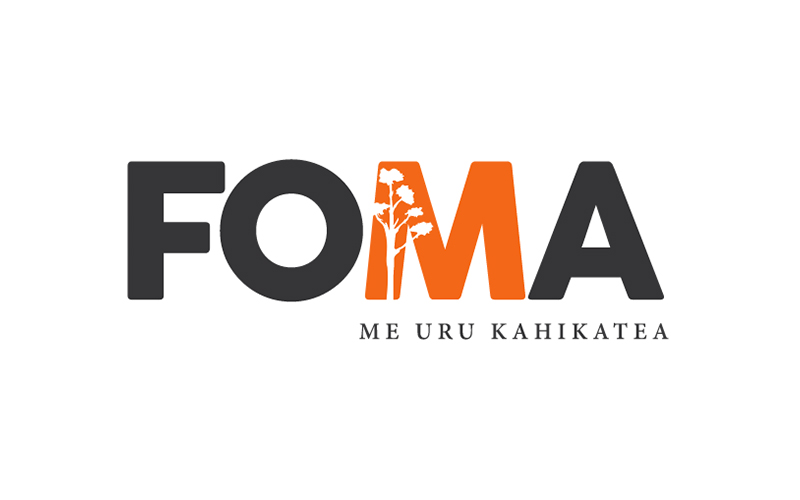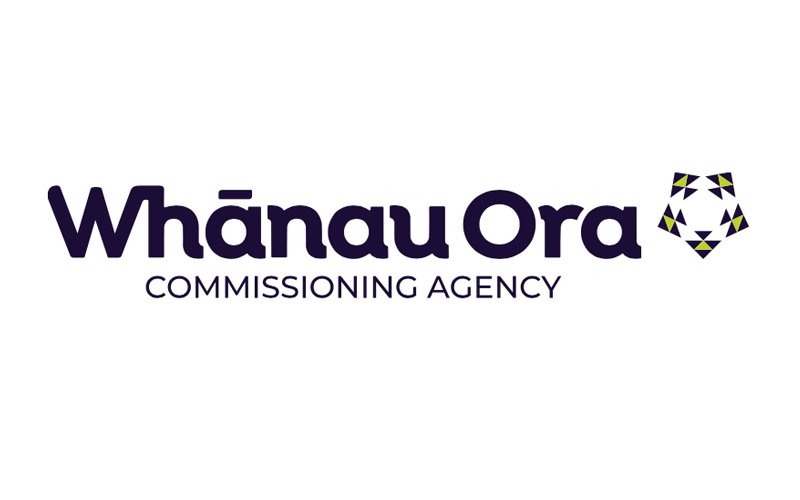General Items:
Salient Māori News Items to 24 Haratua 2024
- This week 50+ mayors and regional council chairpersons are said to have written to the Government arguing against the change to the law concerning Māori wards (as discussed above). They see the shift as unnecessary, a distraction, and an over-reach of power from central government.
- The Waitangi Tribunal is also underway with its urgent hearings into the proposed Treaty of Waitangi Principles Bill (WAI 3300). Their report on this matter is due by the end of the month. In the process of working through the issues at hand, some government documents have been released by the Tribunal (the link below provides one example). The Associate Minister responsible for this proposal, David Seymour, has objected to that, as we discuss further on the following page. Pānui has already provided an assessment of the policy proposal behind this bill, Pānui 1/2024 refers: in short it is based on an ideological worldview, not an historic, academic or legal understanding of Te Tiriti o Waitangi. We will discuss the matter further once the Tribunal’s report is released.
Wai 3300, A007.pdf (justice.govt.nz)
- Last Friday Wairarapa Moana ki Pouakani (farm four) won the Ahuwhenua Trophy for Māori dairy farming. The runner up was Whakatōhea Māori Trust Board. Ben Purua won the Young Māori Farmer Award. Congratulations to all, or in Wairarapa dialect ‘choice!’ (Choice = exceptional excellence, marvellous, magnificent, outstanding, superb, masterful, highest quality.)
Parliamentary Matters:
- Last week the Public Works (Prohibition of Compulsory Acquisition of Māori Land) Amendment Bill was introduced to Parliament. The sponsor of this bill is Hūhana Lyndon, (Green Party), and the bill had been pulled from the ballot. As per its title, the stated purpose of the bill is to:
“amend the Public Works Act 1981 to protect Māori freehold and Māori customary land from being acquired by a Minister or local authority for public works. This would mean that no Māori land can be taken without consent…”
The issue of the compulsory taking of Māori land in contemporary times is not new, and the Māori Affairs Select Committee last looked at the matter in 2018 (after a petition on the issue). At that time the Committee said the matter needed further parliamentary consideration. So perhaps now is the time for Parliament to do that. Cometh the hour cometh the wahine.
Public Works (Prohibition of Compulsory Acquisition of Māori Land) Amendment Bill
- The Whakatōhea Claims Settlement Bill was read a second time in Parliament this week. It provides for redress of over $100 million, including the transfer of 33 sites of cultural significance, and bespoke natural resource and conservation arrangements with the Crown.
Whakatōhea Claims Settlement Bill (selectcommittees.parliament.nz)
- The committee stage of the Māori Fisheries Amendment Bill was completed (meaning a final reading is imminent). Pānui 22/2023 discusses this matter in detail, including, in our analysis, the likely outcome of permanently alienating many thousands of Māori from the benefits of the once only fisheries settlement by shifting 20% of the settlement resource from the domain of ‘all Māori’ to that of iwi entities alone. Secondary risks include making it possible to permanently alienate some iwi from settlements, and further entrenching ongoing under-accountability in this sector.
Māori Fisheries Amendment Bill (bills.parliament.nz)
Māori Members of Parliament Behaving Badly:
- This week there were media articles on two Māori Members of Parliament, and one former member, whose past errors were now catching up with them. In our view there also should have been another article on another Māori member behaving badly, but the media did not report it that way.
- First, former Justice Minister Kiritapu Allan (formally with Labour) pleaded guilty in the Wellington District Court this week to careless use of a motor vehicle. She was fined $300 (plus compensation of circa $5,300). She was also convicted then discharged in regard to a charge of refusing to accompany a police officer. (She has already been served with an infringement notice for driving while over the breath alcohol limit for the same incident last July, which saw her lose her ministerial roles).
- Second, the Green Party dobbed in their own member, Darleen Tana, to the Electoral Commission for a single political advertisement during the last election cycle that did not include a promoter statement, as is required. Reads like a bit of a misdemeanour but can lead to a fine of up to $40,000, so more than just a speed ticket type of matter. The real issue with Ms Tana, however, is that she is still on leave from Parliament ten weeks after allegations of past illegal business practices surfaced against her. In our view the Green Party needs to put a clear timeline on their inquiry into that matter and also clarify why Ms Tana is still being paid a salary when on leave at the party’s request. In our view, if anyone then it should be the Green Party, not taxpayers, that should pay her salary while she is absent from her parliamentary duties at their direction.
- Third, it has emerged that National Party Māori member, David MacLeod, did not declare 19 political donations he received. Mr MacLeod says it was a genuine mistake as the donations relate to 2022, not his 2023 donations which he did declare (totalling circa $30,000). He said he thought the 2022 donations – much larger at circa $178,000 – had already been declared by the National Party itself (somehow, magically perhaps?) The matter will now be investigated by the Electoral Commission and could be referred to the Police if necessary. However, as an immediate consequence Mr MacLeod has been removed from his select committee roles by his party leader, Chris Luxon. Mr MacLeod had been the chair of the Environmental Select Committee, so the demotion comes with a circa $15,000 salary drop.
- Fourth, while Prime Minister Luxon says the National Party is treating the mistake by David MacLeod “very seriously”, the same does not appear to be true of ACT Party leader, David Seymour, who again this week publicly criticised the Waitangi Tribunal. Minister Seymour stated that the Waitangi Tribunal was ‘sticking its oar in’ (i.e. interfering) for releasing evidential documents relating to its hearings concerning ACT’s proposed Treaty of Waitangi Principles Bill. This comes only a week after the Court of Appeal ruled that the principle of comity applied not only to the Waitangi Tribunal, but equally to the Government (i.e. the idea that the judiciary and executive mutually respect each other’s processes.) Our view is that Prime Minister Luxon, by not rebuking Minister Seymour for this second breach of Cabinet standards in this matter, is essentially demonstrating that he has lost control of his coalition partner and is only selectively ‘decisive’ with his peeps.
Supplementary note on reverse uplifts by Oranga Tamariki
[Follow on commentary from page 1 and 2 above.]
- In regard to the matter of reverse uplifts, Minister Chhour in her latest media release states children should not be passed around like ‘a piece of furniture’ and in her Parliament speech she makes reference to some cases of seemingly appalling reverse uplift attempts by Oranga Tamariki – which appear to have prioritised cultural linkages above other child health and wellbeing matters (rather than cultural connections being one aspect of whole child considerations). The ‘Moana’ case is specifically mentioned.
- From what information is publically available on the Moana and other cases, it does read to us that Minister Chhour is correct in identifying that Oranga Tamariki has performed badly for some tamariki Māori – by seeking to impose reverse uplifts for cultural reasons alone, without wider considerations. However, as above – such approaches are not actually justified by Section 7AA – or any other part of the law.
- If anything, in our view, Section 7AA should have brought such service deficits to light via the reporting requirement it contains – so that Oranga Tamariki could improve. e. that was the point in writing a law that required Oranga Tamariki to report on how well they were doing for tamariki Māori. It seems to us that by removing this law, there is a risk that less light will be shown on such possible service gaps of Oranga Tamariki.
- Second, with this debate there is also a risk that all reverse uplifts are seen as ‘bad’. However, our view is that at times reverse uplifts are likely to be necessary, simply because people and families are complex (Māori and non-Māori). That is, while a tamariki placement might look just right on paper, and the initial meetings or weeks might go just fine, sometimes children and placement families may just not jell in the way things are hoped for. In those circumstances it is appropriate for Oranga Tamariki to step in and reverse a placement and rehouse the child (Māori or not) elsewhere. Nothing good can come of leaving tamariki in unhappy or unhealthy placements because the Ministry is nervous about intervening, due to political contexts.
- Seems to us the one thing all the politicians agreed on in their debate this week was that the needs of tamariki must come first – hence allowing Oranga Tamariki to do its job well is, in our view, a necessary precondition for that. In short, our suggestion is the politicians ought to improve performance monitoring of Oranga Tamariki services – including reporting on tamariki Māori (and non-Māori) outcomes – but step back from operational matters and care practice issues outside of their skill set.


